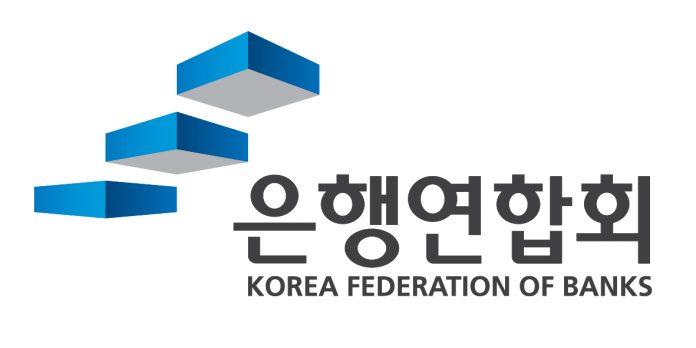
Korean banks are taking a cautious attitude to the emerging digital currency industry, amid lingering concerns over crypto exchange operators’ possible security loopholes, industry officials said Monday.
Under the Special Financial Transaction Information Act, the nation’s crypto exchanges must obtain real-name accounts from affiliated banks for their customers to be able to conduct cryptocurrency transactions in the Korean currency.
For instance, K bank, a mobile-only lender, formed a partnership with Upbit, the largest exchange operator in Korea. The partnership enables the lender to offer real-name bank accounts for users of Upbit, so they can engage in crypto transactions. K bank has benefited a lot from the partnership, achieving a major earnings rebound last year, for the first time after it started its business as an internet-only lender back in 2017.
However, this is not the case for legacy banks. Officials from commercial lenders said they are leaving open the possibility of joining the market once widespread perceptions of the digital currency industry change, but added they do not have plans to tap directly into the market for the time being.
“For now, major commercial banks cannot preemptively jump on the emerging market, as a possible security vulnerability from their partnered exchange operators will end up tainting the lenders’ corporate value seriously,” an official from a major lender said.
Nevertheless, lenders are enhancing their research and development efforts for the lucrative growth area.
According to the financial industry, KB Kookmin Bank completed the pilot development of its digital wallet system, called the Multiasset Digital Wallet, for the first time in Korea’s financial industry. The wallet allows investors to make transactions of digital assets via platforms such as non-fungible tokens (NFTs).
KB is set to engage more actively in a pilot test of the Bank of Korea’s central bank digital currency (CBDC) issuance this year. The lender plans to add sophisticated features to the wallet as a way to further develop the system into digital certificates, smart keys and electronic documents.
Woori Bank also set up its own blockchain platform on Jan. 6. The bank also plans to tap more aggressively into the digital assets market by establishing a technological background in the emerging industry.
The platform allows investors to buy and sell digital assets. The lender also set up its blockchain research unit recently, under the name of innovative technology division.
Woori Bank is also scheduled to issue NFTs, proving ownership of its own stablecoin, dubbed Woori Bank Digital Currency.
“We are going to innovate digital technologies and launch a set of new innovative services,” a spokesperson of the lender said.
Last year, Shinhan Bank also set up its own digital currency platform in partnership with LG CNS. Both firms developed stablecoin-based overseas remittance technologies.
“Commercial lenders are reviewing a diverse set of scenarios on whether they can successfully launch a series of digital currency-related platforms amid the rise of digital tokens,” an industry source said.
Another industry official remained cautious over the launch of crypto-related platforms by commercial lenders.
“With banks expanding partnerships with crypto exchange operators, they are bracing for the new era, but as it is still in its infancy, they should maintain a cautious approach on the new revenue area,” the source said.
Lee Min-hyung
(2022.01.19) Korean banks remain conservative toward cryptocurrency industry
retrieved from https://m.koreatimes.co.kr/pages/article.asp?newsIdx=322430






